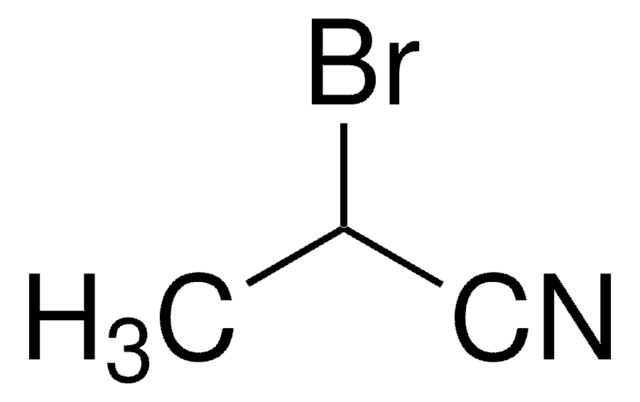482250
4,4′-Dinonyl-2,2′-dipyridyl
97%
Sinónimos:
dNbpy
About This Item
Productos recomendados
assay
97%
mp
61-63 °C (lit.)
SMILES string
CCCCCCCCCc1ccnc(c1)-c2cc(CCCCCCCCC)ccn2
InChI
1S/C28H44N2/c1-3-5-7-9-11-13-15-17-25-19-21-29-27(23-25)28-24-26(20-22-30-28)18-16-14-12-10-8-6-4-2/h19-24H,3-18H2,1-2H3
InChI key
VHJFWJXYEWHCGD-UHFFFAOYSA-N
signalword
Warning
hcodes
Hazard Classifications
Eye Irrit. 2 - Skin Irrit. 2 - STOT SE 3
target_organs
Respiratory system
Storage Class
11 - Combustible Solids
wgk_germany
WGK 3
flash_point_f
Not applicable
flash_point_c
Not applicable
ppe
dust mask type N95 (US), Eyeshields, Gloves
Certificados de análisis (COA)
Busque Certificados de análisis (COA) introduciendo el número de lote del producto. Los números de lote se encuentran en la etiqueta del producto después de las palabras «Lot» o «Batch»
¿Ya tiene este producto?
Encuentre la documentación para los productos que ha comprado recientemente en la Biblioteca de documentos.
Los clientes también vieron
Artículos
ATRP is a successful method for precise polymer synthesis with controlled molecular weights and high chain end functionalities.
ATRP is a successful method for precise polymer synthesis with controlled molecular weights and high chain end functionalities.
ATRP is a successful method for precise polymer synthesis with controlled molecular weights and high chain end functionalities.
ATRP is a successful method for precise polymer synthesis with controlled molecular weights and high chain end functionalities.
Protocolos
We presents an article featuring procedures that describe polymerization of methyl methacrylate and vinyl acetate homopolymers and a block copolymer as performed by researchers at CSIRO.
We present an article about RAFT, or Reversible Addition/Fragmentation Chain Transfer, which is a form of living radical polymerization.
Nuestro equipo de científicos tiene experiencia en todas las áreas de investigación: Ciencias de la vida, Ciencia de los materiales, Síntesis química, Cromatografía, Analítica y muchas otras.
Póngase en contacto con el Servicio técnico![Tris[2-(dimethylamino)ethyl]amine 97%](/deepweb/assets/sigmaaldrich/product/structures/695/792/ee0ff167-22a3-43a7-83a1-6c4908adf0ae/640/ee0ff167-22a3-43a7-83a1-6c4908adf0ae.png)













